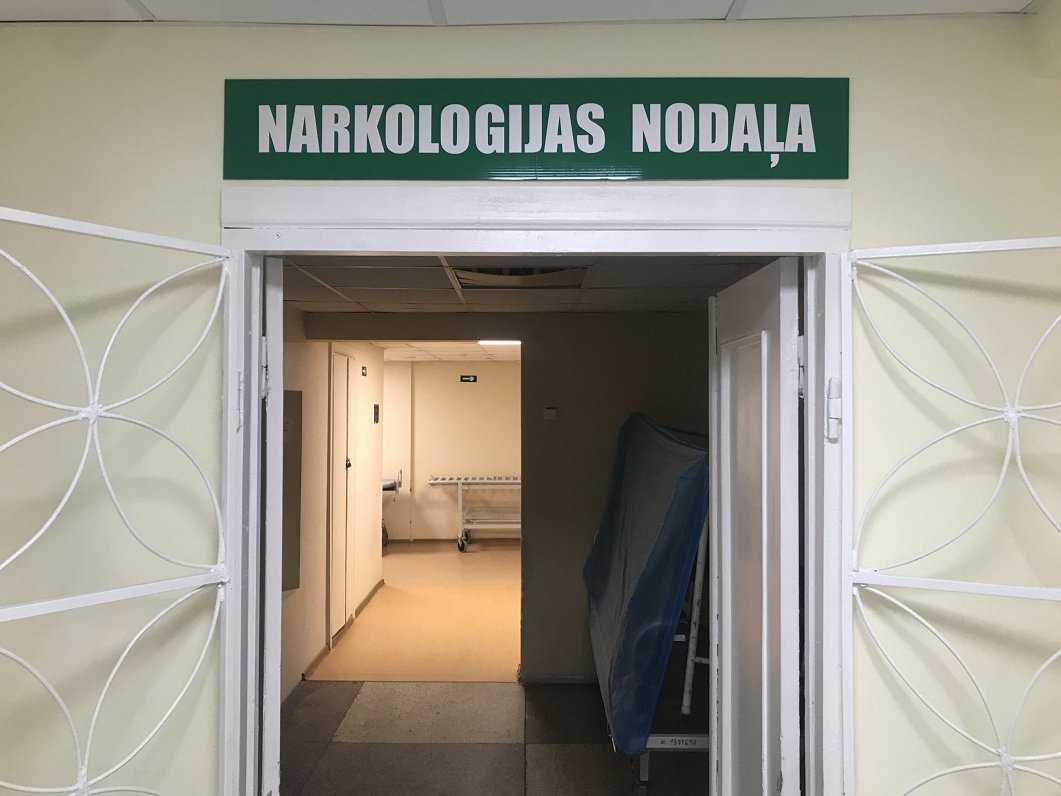Around 850 minors ended up under the influence of intoxicating substances at Children's Clinical University Hospital (BKUS) over the past three years, about 80% of whom had consumed alcohol. Of these, only a few percent have been hospitalized. The others slept it off in the hospital and went home.
The situation was called worrying by BKUS chief doctor Renāte Snipe, who says the problem has been rampant since the pandemic.
“Unfortunately in part of the cases they [minors] are aggressive, behaving loudly. Here [at the children's hospital], however, there is an environment for sick children, their parents.[..] Because of them [drunk minors], an emergency service call has been unduly used and it's possible that someone else who really needs it doesn't get help because of them. Then they come to us, take our staff time, energy and mental resources. As a result, they [doctors] may focus less on the sick, young children and their mothers,” Snipe said.
Meanwhile, around 200 calls were received last year by medics about minors taking drugs according to the Ministry of Health.
The problem has also grown at Riga Children's and Young People's Centre, where minors use addictive substances more and more and overdose on them. So says from the Ombudsman's office, where the center's management has turned for help. There is no mechanism in the country to provide assistance to a child without their consent.
In December, the Ombudsman sent a letter to the ministries of Health, Welfare, and Justice requesting to rectify deficiencies in regulatory enactments and to develop appropriate procedures for the treatment of a child, including from the use of alcohol and other substances. The Ombudsman expects answers from the addressed ministries by the end of the month.
Laila Grāvere, head of children's rights at the Ombudsman's office, said: "It would be normal for a [tipsy] child to be picked up by parents if there is no need for medical help. But we hear [..] that parents can be far away, they can be busy, they can be themselves under the influence of alcohol, then [there's a question] where to put those young people. Such a service should probably exist, but it is then necessary to look very closely at the content of that service, or if there is a medical practitioner present, because if the State or local authority assumes responsibility for the child under the influence of alcohol, who may have health complications from the intoxication, then he or she [the minor] must nevertheless be under continuous supervision, surveillance."
Last year, Rīga City Council raised the initiative of establishing a sobering-up center for minors. Linda Ozola, vice-mayor of the capital, said about the idea: "If such a sobering up service were to be created, a new, innovative service consisting of several sections would also [..] target the young person and most likely their family or immediate circle of people for social rehabilitation and social work services."
The first working group, in which the State Chancellery together with ministries and Riga City Council will discuss how the problem can be solved, is expected next Thursday. Clarity about the concept is expected by May.




























